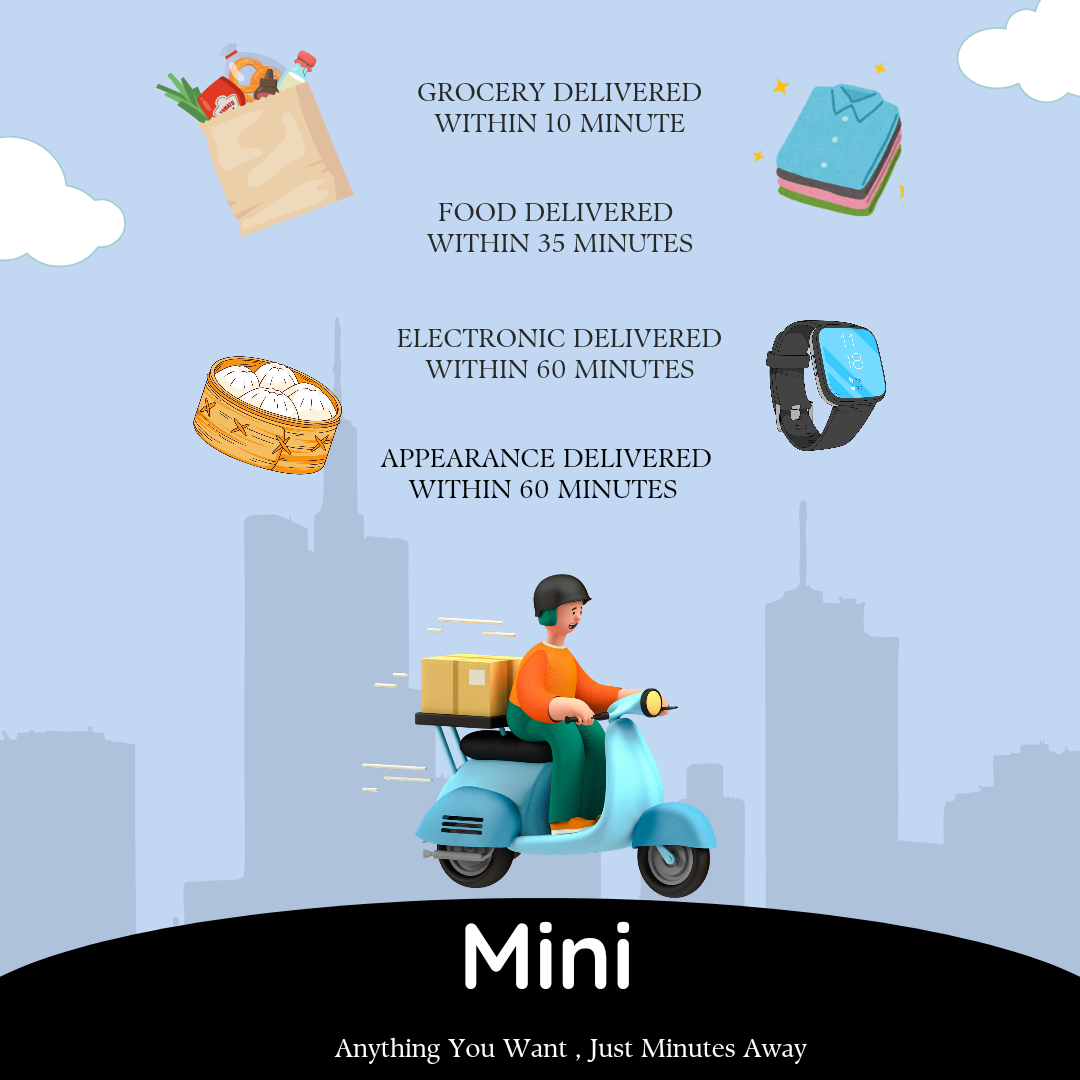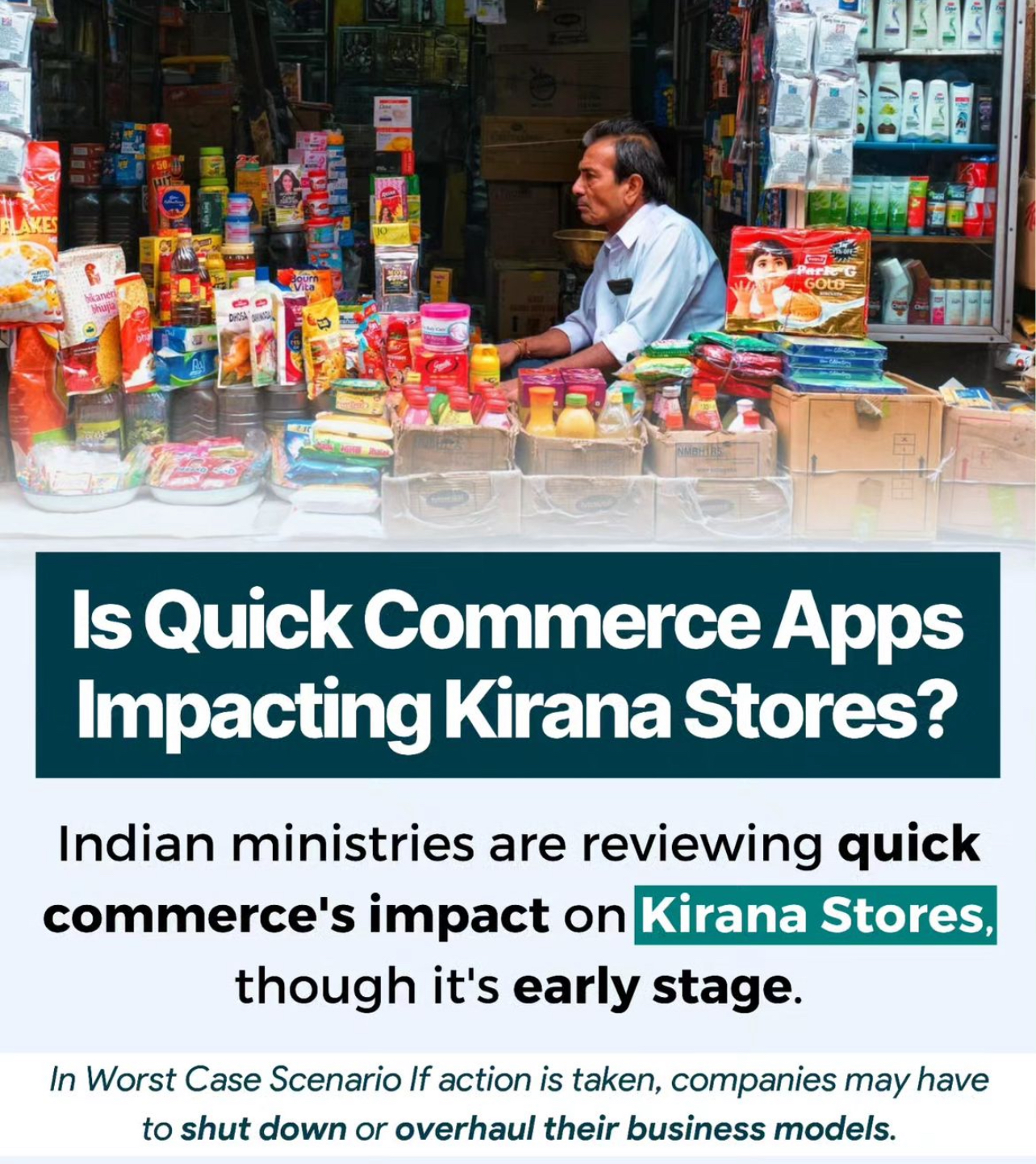Back
More like this
Recommendations from Medial
Harsh lambhate
We are just human • 1y
We’ve created a hyper-quick commerce solution: groceries delivered in 10 minutes via dark stores, fashion and electronics from local D2C stores with delivery by Repido and other partners within 60 minutes, and food delivered in 35 minutesfrom our clo
See More
Three Commas Gang
Building Bharat • 1y
Over 2 Lakh grocery stores shut down due to rising dominance of Quick Commerce. Is this inevitable since there is literally zero incentive to buy from them. They are unusually rude, expensive, inconvenient. How could these small businesses be saved
See MoreHarsh Singh
Because every life m... • 8m
Concept: Start a quick commerce business that doesn't use dark stores. Instead, partner with local retail stores across the city and deliver their products to customers within 10-15 minutes. Key Benefits: No need for warehouse or inventory invest
See MoreDownload the medial app to read full posts, comements and news.















/entrackr/media/post_attachments/wp-content/uploads/2021/08/Accel-1.jpg)




















